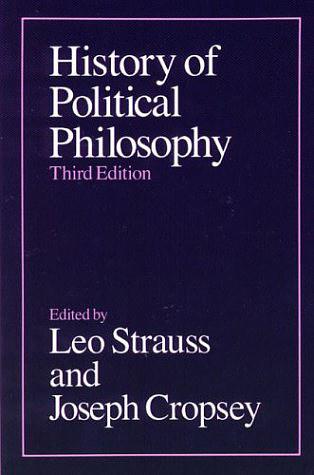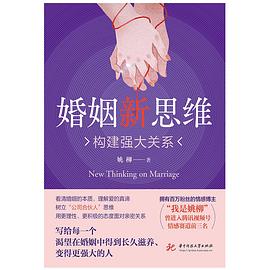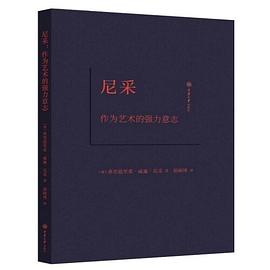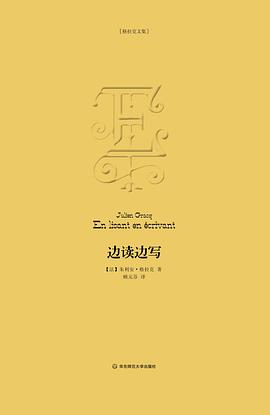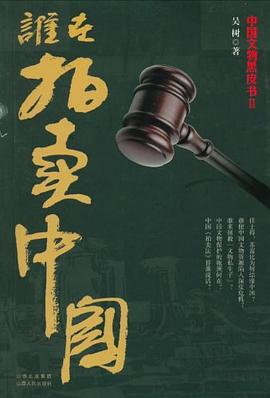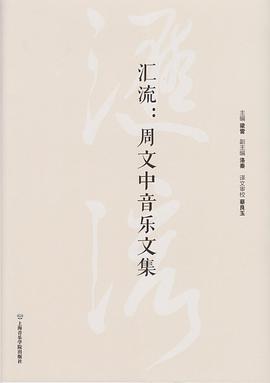History of Political Philosophy
内容简介
Political philosophy is the study of fundamental questions about the state, government, politics, liberty, justice, property, rights, law and the enforcement of a legal code by authority: what they are, why (or even if) they are needed, what makes a government legitimate, what rights and freedoms it should protect and why, what form it should take and why, what the law is, and what duties citizens owe to a legitimate government, if any, and when it may be legitimately overthrown—if ever. In a vernacular sense, the term "political philosophy" often refers to a general view, or specific ethic, belief or attitude, about politics that does not necessarily belong to the technical discipline of philosophy.
Three central concerns of political philosophy have been the political economy by which property rights are defined and access to capital is regulated, the demands of justice in distribution and punishment, and the rules of truth and evidence that determine judgments in the law.
Contents:
1 History of political philosophy
1.1 Antiquity
1.2 Medieval Islam
1.3 Medieval Europe
1.4 European Renaissance
1.5 European Age of Enlightenment
1.6 Industrialization and the Modern Era
2 Contemporary political philosophy
3 Influential political philosophers
4 References
5 See also
6 Further reading
......(更多)
作者简介
Leo Strauss (September 20, 1899 – October 18, 1973), was a German-born Jewish-American political philosopher who specialized in the study of classical political philosophy. He spent most of his career as a Political Science Professor at the University of Chicago, where he taught several generations of students and published fifteen books. Since his death, he has come to be regarded as one of the intellectual fathers of neoconservatism in the United States.
Joseph Cropsey (New York City, August 27, 1919) is an american political philosopher and professor of political science at the University of Chicago, where he has also been associate director of the John M. Olin Center for Inquiry into the Theory and Practice of Democracy. Cropsey has been a disciple of Leo Strauss and this experience led him to move from his original academic field, which was economic thought, to a much more theoretical approach to political thought, focusing on Plato and the "esoteric", interstitial philosophical aspects of the theories developed by such thinkers as Adam Smith and Karl Marx.
......(更多)
目录
......(更多)
读书文摘
大胆、足智多谋和热烈的追求。一句话就是,“既不让自己安宁也不让别人安宁”
......(更多)
